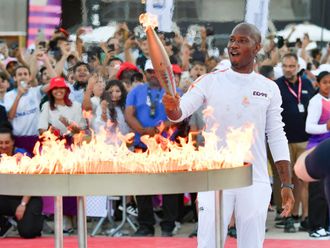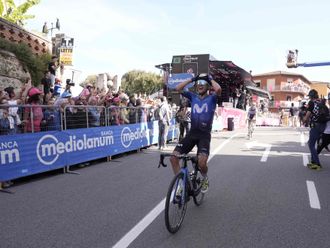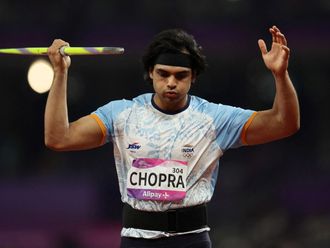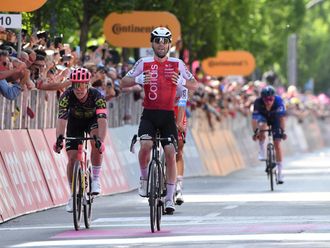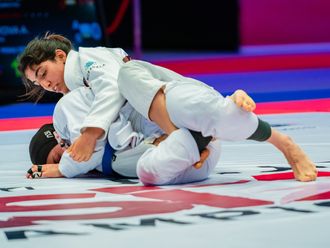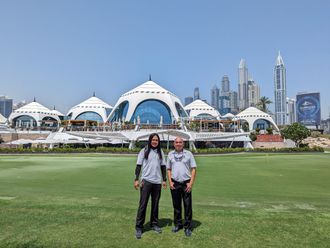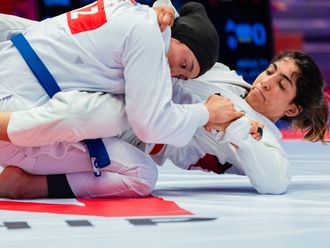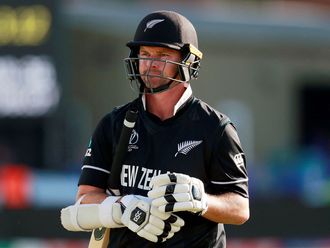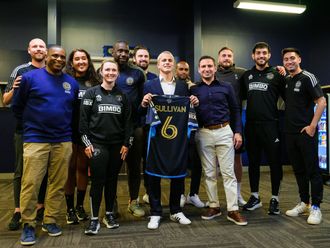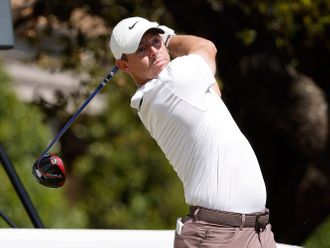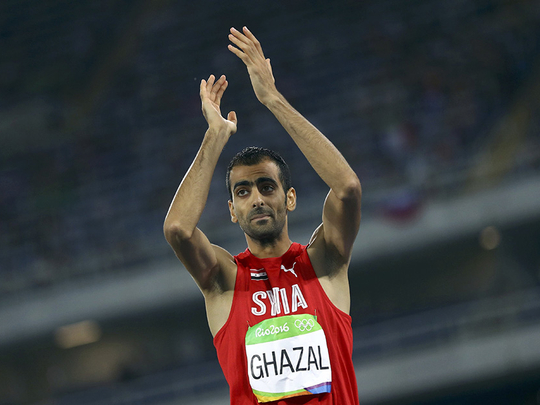
London: Veteran Syrian high jumper Majid Eddin Gazal will gladly put administrative hassles to one side as he bids for a third-ever world medal for his war-torn country.
Gazal has been a regular on the global circuit, appearing in the last four world champs and three Olympics, his seventh-placed finish in Rio last summer his best result.
But the 30-year-old admits that life has not been easy in Syria, where he is still based, much to the amazement of many fellow athletes.
More than 330,000 people have been killed in Syria since the ongoing conflict began with anti-government protests in March 2011.
“If we didn’t face war in Syria, everything would have been different now, from the visa and financial issues to general athlete’s facilities like access to coaching and treatment,” Gazal told AFP.
“We’re in a huge crisis, which affects the mentality of athletes. Daily life in Syria is extremely hard. You can’t imagine what we face on a daily basis.”
Gazal added that he encountered problems travelling to compete internationally.
“I have big problems with embassies. They are sometimes afraid I am an immigrant,” he said. “I’m an expert in embassies, where they are, their addresses, when they open, when they close, what documents you need for visas... I’m an administrative expert in this subject.”
Gazal was refused a Moroccan visa for the Diamond League meeting in Rabat, but can now travel unimpeded in Europe thanks to a six-month Schengen visa he managed to obtain through a Spanish embassy.
Overseas camps
While his daily training regime is based in Damascus, Gazal also departs, from neighbouring Lebanese capital Beirut as there is no access to international flights from Syria, for overseas camps, notably in Barcelona and Russia over winter, thanks to financial support from the Syrian Athletics Federation.
“Everyone is surprised when I say I still train and live in Syria, especially as I am among the top six in the world,” said Gazal, nominally employed as a government-paid sports teacher.
With coach Emad Sarraj in tow, Gazal said the thing he missed when competing was the backroom staff most competitors take for granted.
“I don’t have a doctor, a physio, a masseur, I miss that a lot, especially in a championships where fatigue is great and you have to recover quickly,” he said.
“Because of minor muscular problems, or cramps, you might lose a championships and your heights may range between and 2.20 and 2.30, a huge gap.”
Gazal, who has suffered pain in his take-off foot, first appears in action in Friday’s qualifiers, and he said: “I don’t think about nailing a certain height. My whole focus will be on reaching the final.”
His best this season has been 2.32m in last month’s Diamond League meet in Paris, while 2.36 in Beijing last year remains his personal best.
“I hope to be as ready as I was in Paris,” Gazal said, adding that the overall standard of jumping had dipped in 2017.
“I expect surprises this year,” he warned.
Syria has two medals in the world champs, Gada Shouaa having won heptathlon gold in 1995 and bronze in 1999.
Gazal, whose first name Majid means “glory”, is backing himself to add a third for a country caught in the crosshairs of a bloody crisis.


